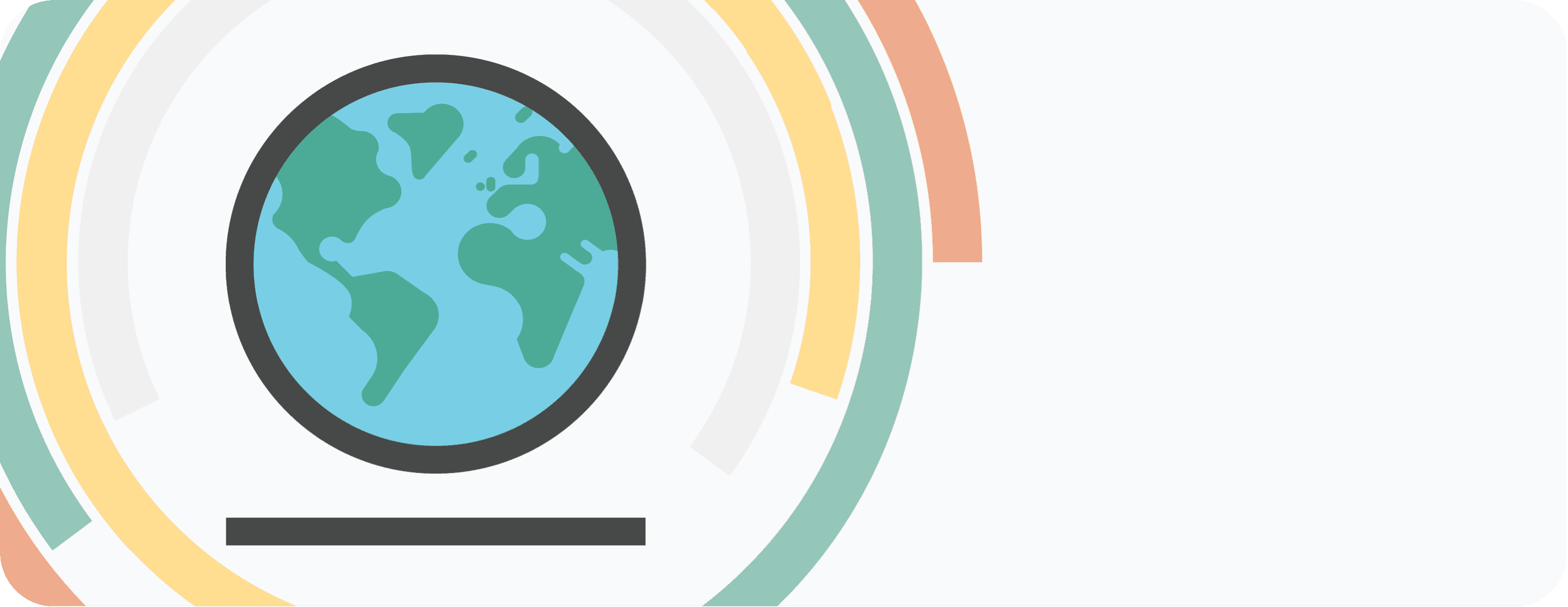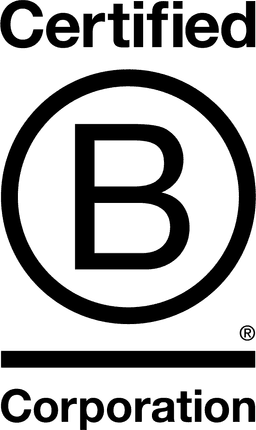

Life is Tech!

Tokyo, Japan
September 2022
Education & training services
Service with Minor Environmental Footprint
Ghana,
Japan,
Singapore,
United States
Life is Tech, Inc. is a Japanese EdTech with a mission to “maximize each and every teenager's unique potential,” founded in 2010. Its education programs aim to empower students to learn and use new digital skills for real world applications, and many students continue to tackle difficult social / environmental problems beyond Life is Tech. One of its offerings is an online programming curriculum to schools all across Japan, designed to increase access to quality education for more students. It also offers in-person coding camps & after-school programs with over 53K cumulative participants, the biggest and inclusive community of middle school & high school students. Overall, Life is Tech has reached over 1 million users through our digital education programs (figures as of 2022). Life is Tech has placed impact at its core since the beginning and aims to create a business model that aligns with impact goals; this includes committing to product designs that reflect the customer feedback and working in close partnership with key stakeholders such as local governments and schools to advance the state of education as a whole for the next generation.
Overall B Impact Score
Governance 11.6
Governance evaluates a company's overall mission, engagement around its social/environmental impact, ethics, and transparency. This section also evaluates the ability of a company to protect their mission and formally consider stakeholders in decision making through their corporate structure (e.g. benefit corporation) or corporate governing documents.
What is this? A company with an Impact Business Model is intentionally designed to create a specific positive outcome for one of its stakeholders - such as workers, community, environment, or customers.
Workers 26.8
Workers evaluates a company’s contributions to its employees’ financial security, health & safety, wellness, career development, and engagement & satisfaction. In addition, this section recognizes business models designed to benefit workers, such as companies that are at least 40% owned by non-executive employees and those that have workforce development programs to support individuals with barriers to employment.
Community 17.1
Community evaluates a company’s engagement with and impact on the communities in which it operates, hires from, and sources from. Topics include diversity, equity & inclusion, economic impact, civic engagement, charitable giving, and supply chain management. In addition, this section recognizes business models that are designed to address specific community-oriented problems, such as poverty alleviation through fair trade sourcing or distribution via microenterprises, producer cooperative models, locally focused economic development, and formal charitable giving commitments.
Environment 3.4
Environment evaluates a company’s overall environmental management practices as well as its impact on the air, climate, water, land, and biodiversity. This includes the direct impact of a company’s operations and, when applicable its supply chain and distribution channels. This section also recognizes companies with environmentally innovative production processes and those that sell products or services that have a positive environmental impact. Some examples might include products and services that create renewable energy, reduce consumption or waste, conserve land or wildlife, provide less toxic alternatives to the market, or educate people about environmental problems.
Customers 29.4
Customers evaluates a company’s stewardship of its customers through the quality of its products and services, ethical marketing, data privacy and security, and feedback channels. In addition, this section recognizes products or services that are designed to address a particular social problem for or through its customers, such as health or educational products, arts & media products, serving underserved customers/clients, and services that improve the social impact of other businesses or organizations.
What is this? A company with an Impact Business Model is intentionally designed to create a specific positive outcome for one of its stakeholders - such as workers, community, environment, or customers.